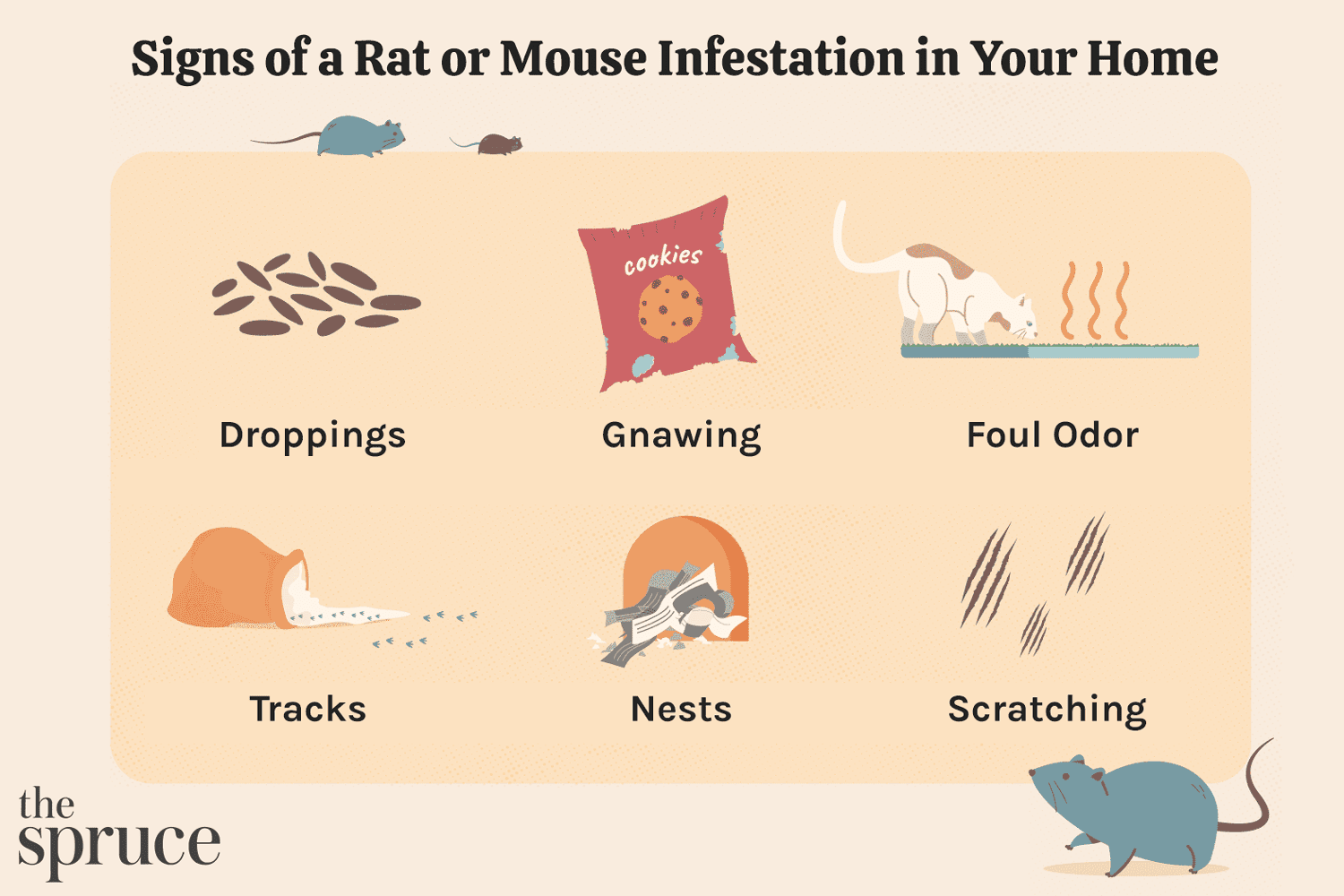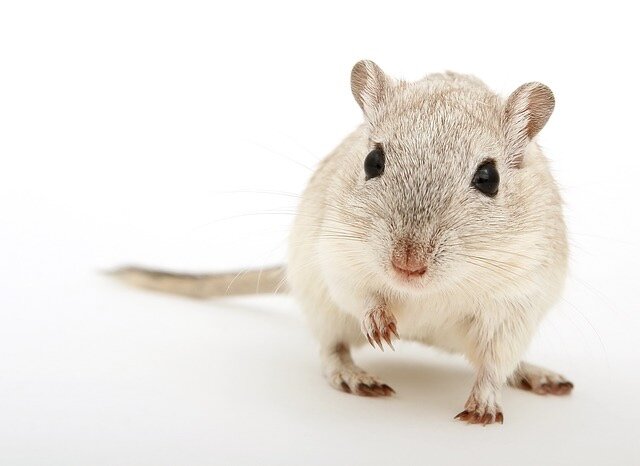Understanding the Unpleasant Odor: What Does Rat Pee Smell Like?
When it comes to pest infestations, rats are notorious for causing various problems, and one of the most unpleasant issues associated with them is the smell of their urine. In this article, we will delve into the distinctive odor of rat urine and explore why it is essential to identify it.
1. The Pungent Scent of Rat Urine

The Pungent Scent of Rat Urine
Rat pee has a distinctive and pungent odor that can be quite overwhelming. This odor is often described as:
Ammonia-Like: Rat urine contains a high concentration of ammonia, which gives it a strong, acrid smell. It's similar to the scent of household cleaning products containing ammonia.
Musty: Some people also describe the smell as musty or musky, resembling the scent of old, damp hay or a wet, dirty basement.
Stale and Putrid: Rat urine can emit a stale and putrid odor, especially when it mixes with other substances like feces or nesting materials.
2. Factors Influencing the Smell

Factors Influencing the Smell
Several factors can influence the intensity and characteristics of rat urine odor:
Rat Species
Different rat species may produce slightly different urine odors. Common rat species like the Norway rat and roof rat have distinctive urine scents.
Diet
A rat's diet can impact the smell of its urine. Rats that consume certain foods or substances may have more pungent-smelling urine.
Concentration
The concentration of rat urine in a particular area can significantly affect the strength of the odor. A heavy infestation can lead to a more potent smell.
3. Why Identifying Rat Urine Odor Matters
Identifying the smell of rat urine is crucial for several reasons:
Early Detection of Infestations: Recognizing the odor allows homeowners to detect rat infestations in their property promptly.
Health Concerns: Rat urine can carry harmful pathogens, and inhaling the odor may pose health risks. Identifying it early can help mitigate these risks.
Preventing Damage: Rats can cause structural damage to buildings and contaminate food. Identifying their presence through the smell of urine can help prevent further damage.
4. How to Confirm Rat Urine Odor
To confirm that the smell you're experiencing is indeed rat urine, you can take the following steps:
Visual Inspection: Look for rat droppings or urine stains in areas where you suspect rat activity, such as attics, basements, or dark corners.
Blacklight: Use a blacklight to detect urine stains that are not visible to the naked eye. Rat urine will glow under UV light.
Professional Inspection: Consider hiring a pest control professional who can assess the situation and confirm the presence of rats based on the odor and other evidence.
5. Comparing Rat Urine Smell with Other Animal Odors
Comparing Rat Urine Smell with Other Animal Odors
In some cases, people may mistake the smell of rat urine for that of other animals. Here's a comparison to help you distinguish:
|
Odor Characteristic |
Rat Urine |
Cat Urine |
Dog Urine |
|
Ammonia-Like |
Strong |
Moderate |
Mild |
|
Musty/Musky |
Yes |
No |
No |
|
Stale/Putrid |
Yes |
No |
No |
In conclusion, rat urine has a distinct and pungent odor, characterized by its ammonia-like scent, musty notes, and a stale, putrid undertone. Recognizing this smell is essential for early detection of rat infestations, preventing health risks, and minimizing property damage. If you suspect rat activity in your home, take the necessary steps to confirm the presence of rats and seek professional assistance for removal and prevention.